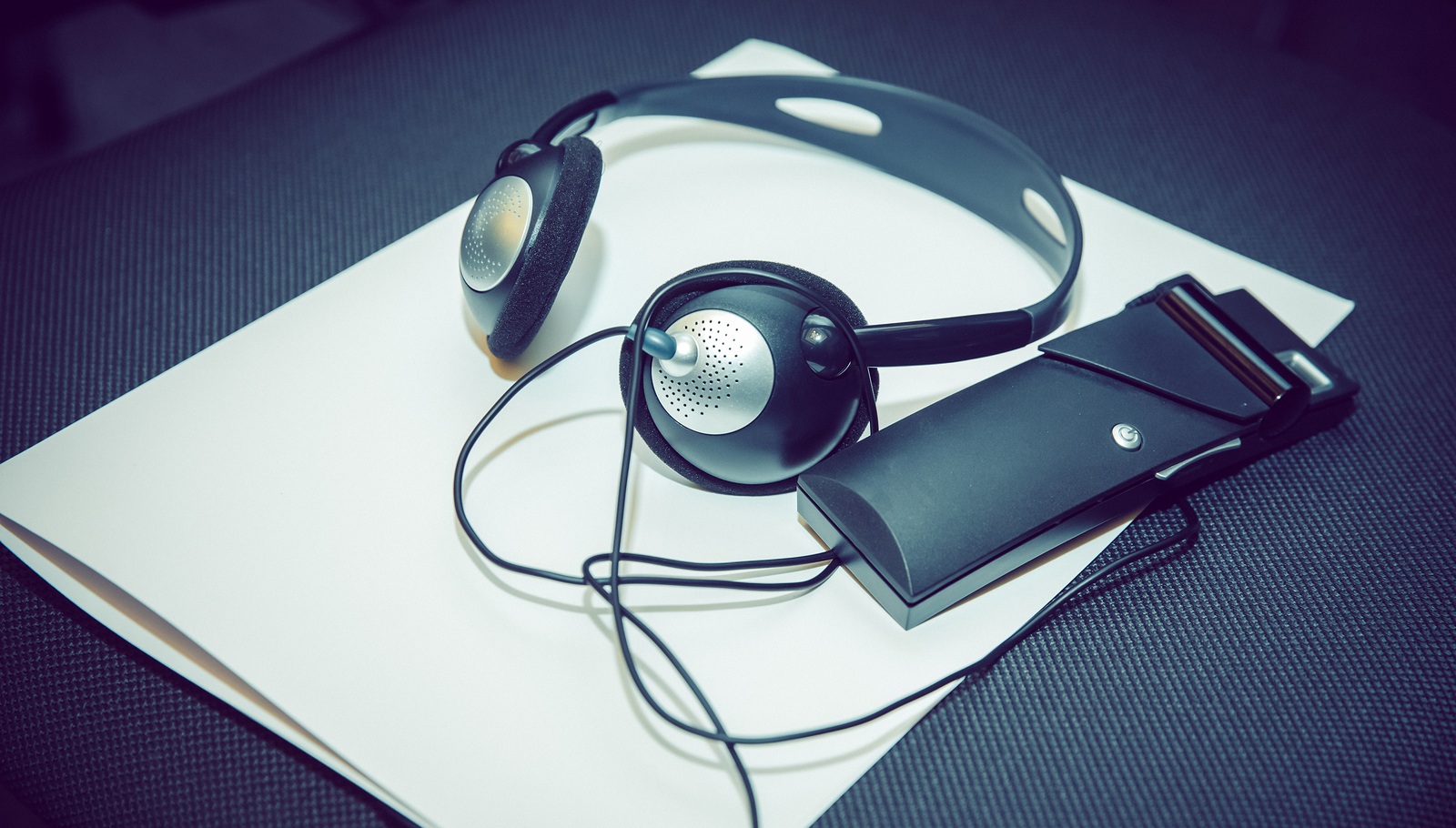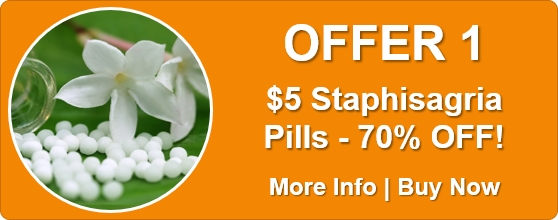COVID-19: Three Chinese Case Reports

Quarantine measures with language and technology barriers made the case-taking of these three COVID-19 patients an interesting but useful experience.
In February 2020, one of our homeopaths was asked to prescribe for 3 people in China, diagnosed with COVID-19, as the new coronavirus disease is known.
The following three cases were taken (with some difficulty) with the aid of an interpreter on 20th February, 2020. All three had been diagnosed by CT scans and nucleic acid testing.
The first two cases, both males, presented with mild and limited symptoms. This is consistent with what is reported so far with approximately 80% of COVID-19 infections.
The third case had unique and distinctive symptoms which are of greater interest to homeopaths as they identify remedies that are more likely to treat the person’s ill-health.
These distinctive symptoms, also reported by two other cases since then, are not among those commonly listed for this particular disease.
Perhaps they were present in other victims but overlooked because they weren’t significant from the orthodox perspective, or perhaps they are only associated with a sub-set of infected cases.
Whatever the reason, they do allow the homeopath to narrow the field of potential remedies for those who present with them.
Getting the prescribed homeopathic remedies into the hands of those infected proved difficult in spite of the remedies already being in China.
This was because hospitalisation and strict quarantine measures meant relatives could not pass the remedies to family members once they were admitted into isolation.
As a result, the first two cases did not receive their remedies until fully recovered and discharged while the third only received her remedy 3 weeks after it was prescribed.
By this time, her symptoms had changed significantly so she didn’t take it in case it was no longer suitable. (A follow-up appointment with this person, who is much improved but still hospitalised, is being scheduled. I will provide an update on her progress in the near future.)
Despite these difficulties, the symptoms that emerged from the consultations – the third case in particular – provide useful information on potential remedies, and information on the realities and difficulties of homeopathic treatment during a pandemic such as this. (These difficulties are discussed more fully toward the end of this article.)
Three Chinese COVID-19 Cases
Case 1: COVID-19 in a 62-Year-Old Male
Case 2: COVID-19 in a 35-Year-Old Male
Case 3: COVID-19 in a 38-Year-Old Female
Loss of Senses – Bitterness of Taste – Drenching Sweats
The distinctive symptoms reported by the third case – loss of taste and smell, with a returning bitterness of taste – have also been reported by others infected with COVID-19 in China.
At the time of writing it is unclear whether these symptoms only arise in a subset of COVID-19 infections or if they are more widely experienced.
Another distinctive symptom reported by some unrelated to these cases is that of drenching night sweats.
Considerations and Difficulties
Lost in Translation
Cases taken through an interpreter, as these were, are vulnerable to inaccuracies. I repeatedly wondered if I was receiving the preciseness of information I needed for an accurate prescription.
Illness with Weakness
When the patient is weak, breathless, and coughing, consultations with persistent questioning for clarification can be intolerable. With these three cases, I asked what I could and made use of what I obtained.
Paucity of Unique Symptoms
As being reported, many COVID-19 infections appear mild with few symptoms.
This was true for the first two cases in this article; there was little information on which to make confident homeopathic prescriptions.
Ideally, in situations such as this, prophylactics, once known, could be used as treatment remedies to perhaps slow the spread of disease.
Effect of Quarantine
Isolation and hospitalisation are essential for controlling an epidemic but they also make it difficult for patients to receive the remedies they need.
In my ‘China’ experience, even family members lost contact with their loved ones once they were hospitalised and remedies couldn’t be delivered.
I later learnt that the patients didn’t even have tables or drawers in which to keep the remedies should they have reached them.
The Good and Bad of Technology
During an epidemic, consultations often have to be provided from a distance – either because of quarantine measures or differing locations.
This requires the use of technologies. Additional time has to be factored into the consultation when one or both parties have to master the use of these technologies.
If the person is too ill to easily learn or manage the technology being used, this further complicates the consultation.
Technologies also differ between countries, and this was certainly the case when providing consultations into China.
Should the person already be quarantined or hospitalised, it is likely they won’t even have access to necessary technologies, which includes their personal phone, as anything additional that could harbor infection is removed.
I suspect this last reason alone is why, to date, it has been so difficult for homeopaths to conduct consults for the purpose of identifying important treatment and prophylactic remedies in this epidemic.
Once hospitalised or quarantined, it becomes impossible in most cases to even contact the person.
Effect of Other Interventions
The information collected from the third case was important but I did wonder how much it had been modified by medical treatment within the hospital.
For example, the patient said she was not thirsty and only drank a little … but she was also receiving intravenous therapy. Was she being hydrated by the IV fluid or was it only being used for medication purposes?
She also reported a dry cough with scanty, white expectoration but most likely was receiving antibiotics and other medications for her pneumonia that may have altered the nature of these two symptoms.
In spite of this, I still chose to prescribe on them as she had reported that they had been fairly consistent throughout the course of her illness.
Information on Case Prescriptions
For many homeopaths reading these cases, potential remedies will readily spring to mind.
That won’t be the case for those just starting their homeopathic journey but, unfortunately, we are unable to provide that information for them.
Regulatory bodies, in Australia at least, have legislated that homeopathic remedies cannot be presented in the public domain as being useful for COVID-19.
To do so would mean they would be perceived as ‘advertising’ and action taken even if the named remedies have only been presented in the context of information or case reports.
This legislation was introduced to stop the spread of misinformation and people taking advantage of those seen as gullible but it also has the short-sighted effect of suppressing qualified and valuable information for those who may need it most.
While the names of prescribed remedies in these presented cases can’t be provided, it is still permissible to discuss appropriate remedies within a consultation with a homeopath.
If this is something you would like to do, we strongly recommend that appointments be made with suitable practitioners who always qualify or reference the material they share with you so you can then validate it for yourself as misinformation is still a problem.
If you would like to discuss this matter further with us, our free support and information service is always available.
Related Information
Have Two Homeopathic Doctors Identified a Treatment and Preventative Remedy for COVID-19?
Homeoprophylaxis: Human Records, Studies and Trials
India Uses Homeopathy for Epidemics
Cuba Uses Homeopathy for COVID-19
COVID-19: Is It Like Mountain Sickness?
COVID Chronicles: Which Remedy?
Homeopathic Remedies for Pneumonia-Related Symptoms
Q. Will the Coronavirus Nosode Help with COVID-19?






